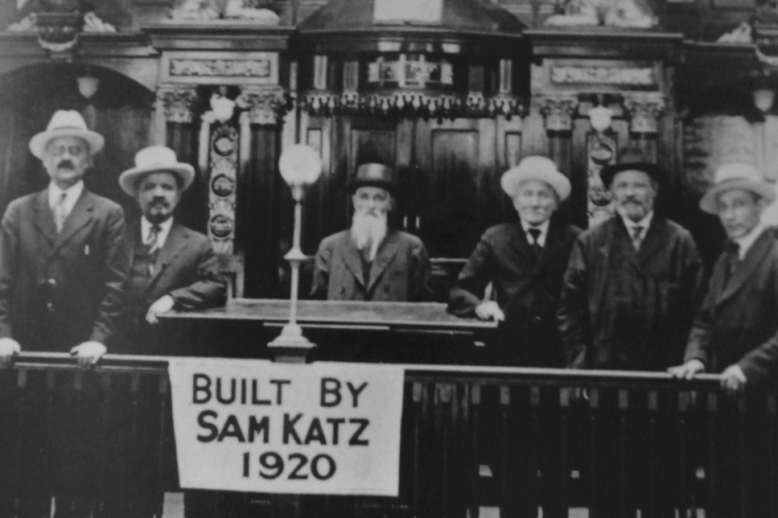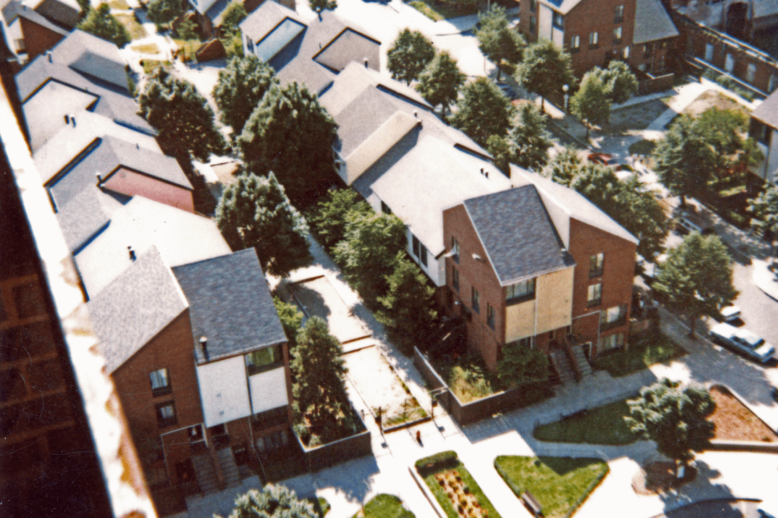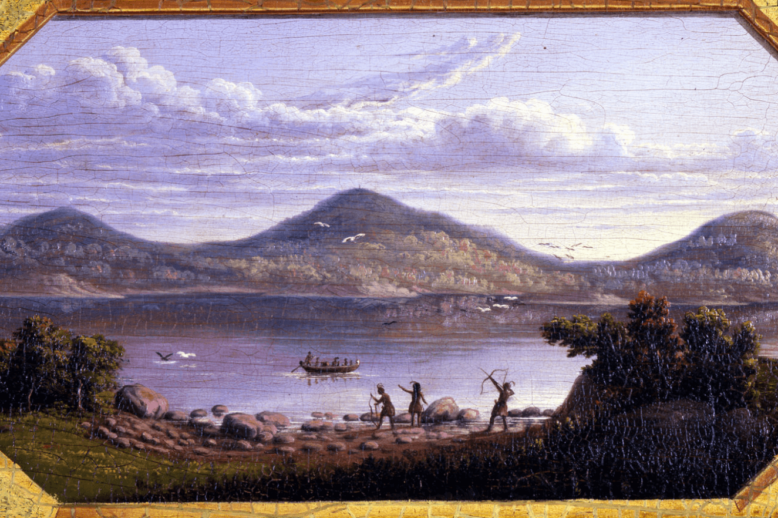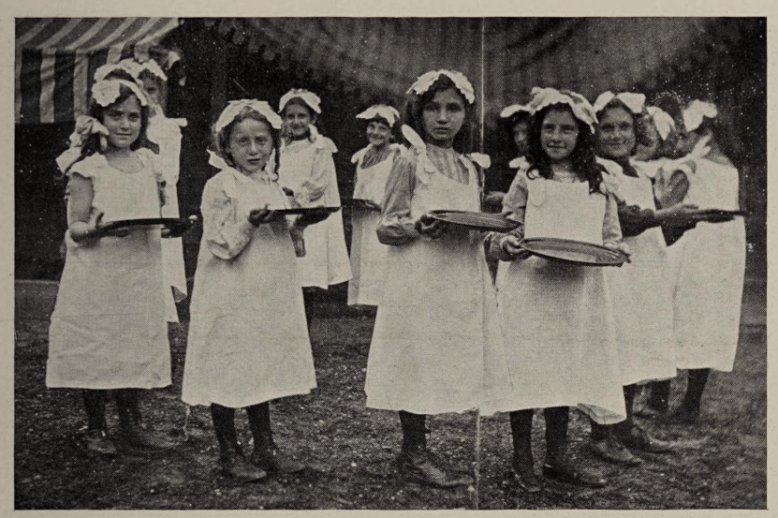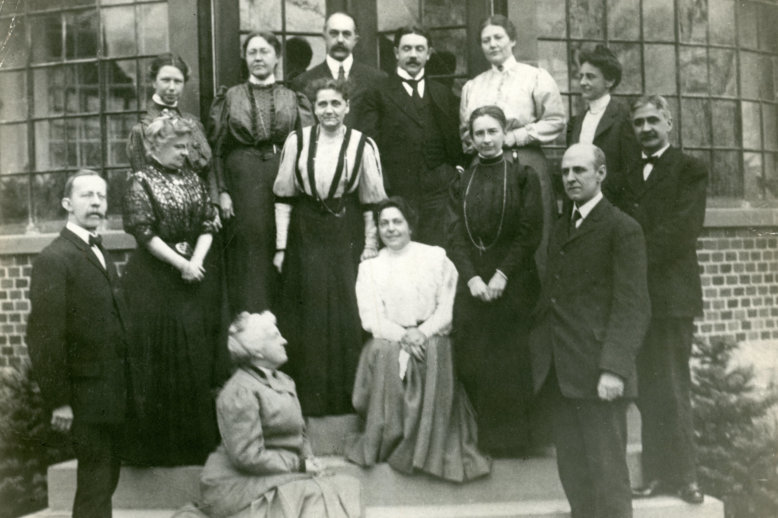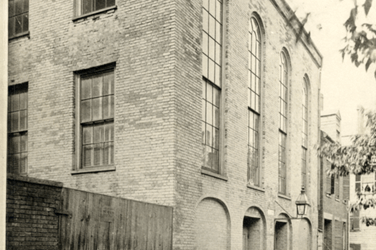Topic: Immigration
Immigration to the United States, first generation immigrant experiences
The Thriving Jewish Marketplace of the Old West End Part One: Peddler to Proprietor This article is the second part of a series exploring Jewish life in the Old West End. The first part explored the synagogue life in the neighborhood. This introduction to Jewish businesses in the West End explains the economic path many…
At its peak, the vibrant West End neighborhood was home to approximately 40-45 synagogues, reflecting the thriving Jewish community that once defined the area. Today, only the Boston Synagogue remains as the sole continuously-operating Jewish house of worship in the neighborhood.
During the mid-20th century, Boston targeted the South End for urban renewal, alongside the West End and other low-income communities across the city. Responding to impending displacement, the South End’s Puerto Rican residents organized to take control of their community’s destiny, forming the Emergency Tenants’ Council (ETC) and successfully negotiating the right to redevelop the land themselves. The result was Villa Victoria—a community-planned and operated housing development that would become the center of Latino life and culture in the South End. Unlike top-down redevelopment schemes that displaced residents, as happened in the West End, Villa Victoria emerged from the community’s own vision and struggle.
In 1625, the Shawmut Peninsula, home to modern day Boston, was known in the Algonquian language as “Mushauwomuk” (“the boat landing place”), and sat within the territory of the Massachuset nation, serving as a seasonal base for fishing and light farming. Within ten years, the Massachuset people lost the Shawmut to English settlers who claimed and occupied it as their land of promise.
Founded in 1894, the Frances E. Willard Settlement House was located on the West End’s Chambers Street for nearly five decades. The Settlement House aimed to serve the neighborhood’s immigrant population and factory workers by offering social services, community clubs, and housing to young women and children.
The settlement movement was an attempt by scholars and social reformers on both sides of the Atlantic to address the problems caused by industrialization, urbanization, and, in America’s case, the mass immigration of the late 19th and early 20th centuries. Settlement Houses were important institutions in Boston’s West End, assisting families with a wide range of educational and social services.
The 1830s was a transformative decade for Boston’s Black community, characterized by the intersecting forces of burgeoning abolitionist activism and escalating urban segregation. This resulted in the growth and consolidation of the Black population in the West End on the North Slope of Beacon Hill.
Michael Powars carefully planned the murder of his cousin, Timothy Kennedy, but his fatal mistake was thinking that the law required an eyewitness to convict someone of a crime.



